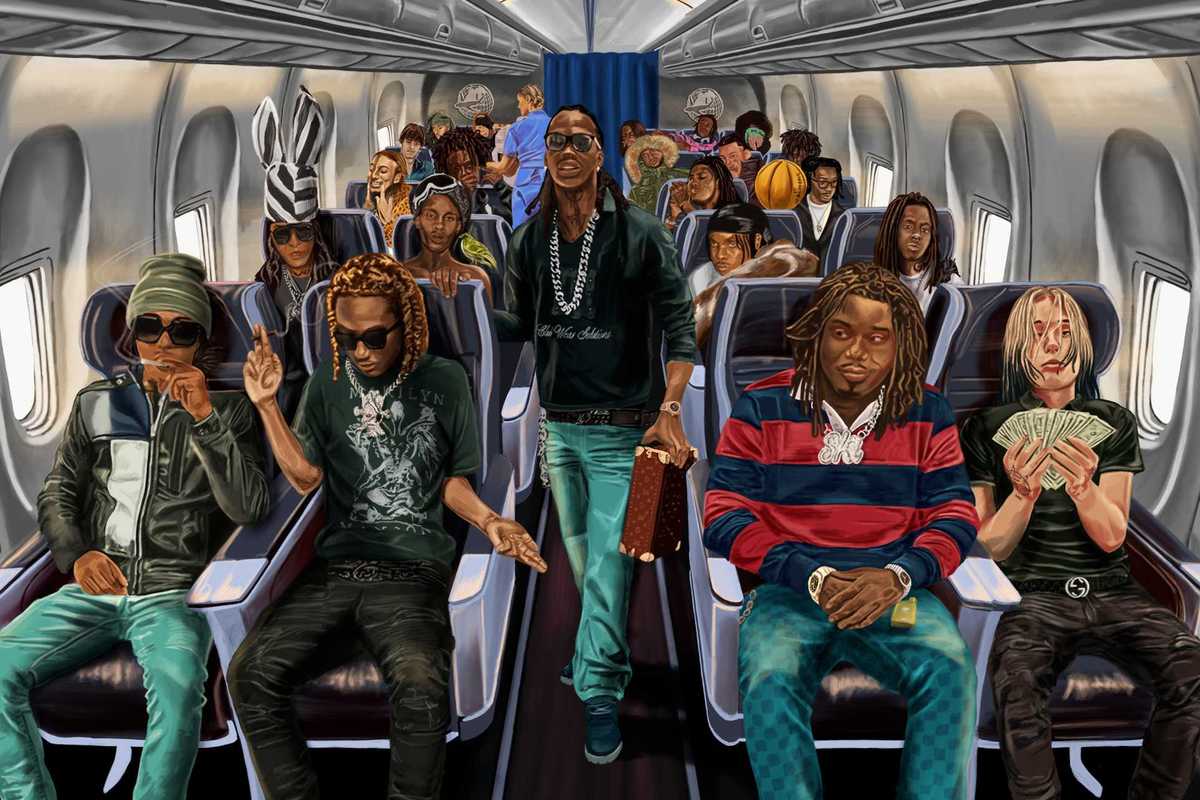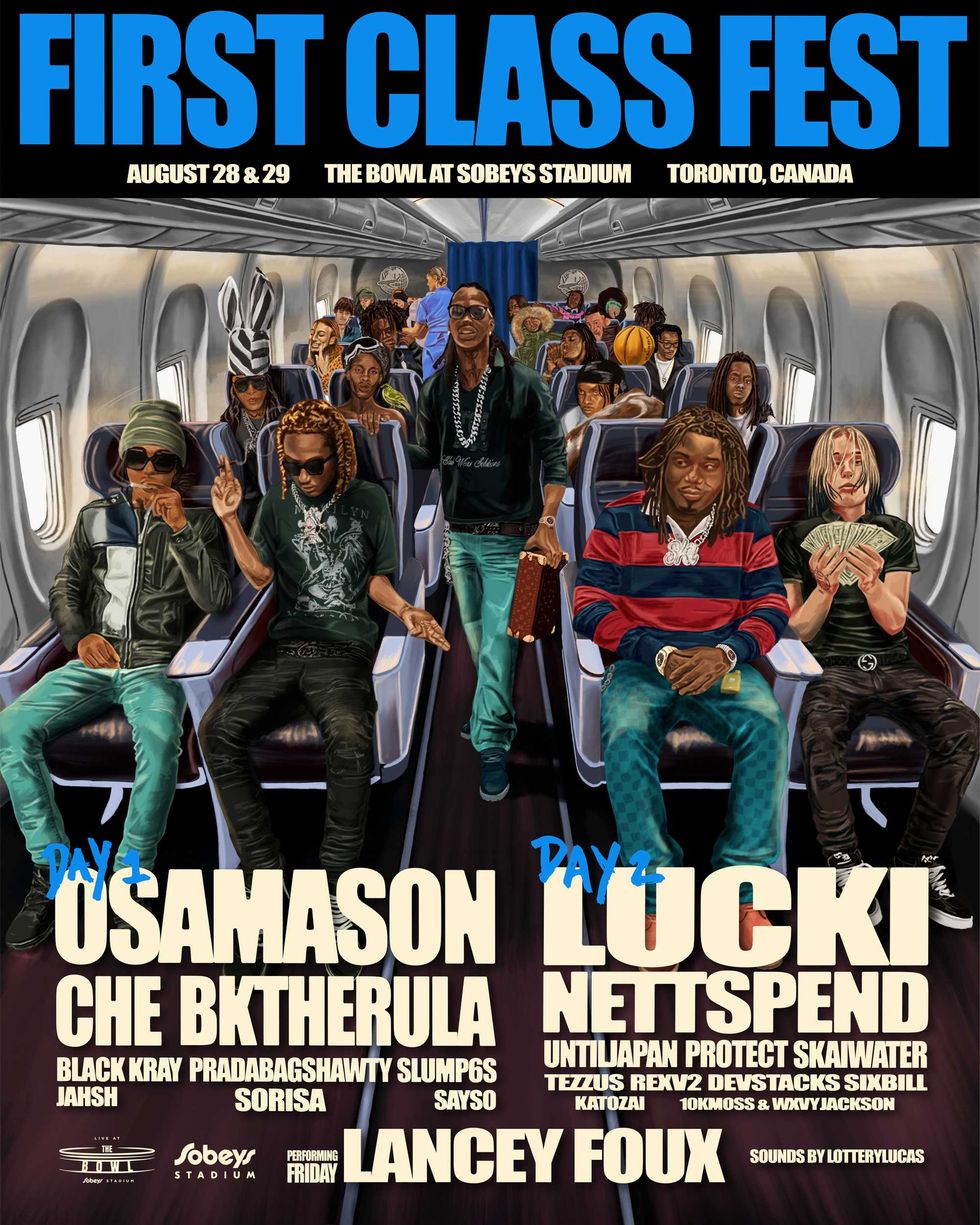Five Questions With… Suzanne Jarvie
The Toronto singer/songwriter's sophomore record In The Clear is out now. Here she discusses its theme of moving on, dueting with her daughter, and her past and current musical loves, ranging from The Band to Neko Case and Kate Bush.

By Jason Schneider
Toronto singer/songwriter Suzanne Jarvie’s sophomore record In The Clear, out now on Wolfe Island Records, picks up where her previous album Spiral Road left off by delving deeper into some of the trauma incurred during her life. As a mother of four and a lawyer, it was only in 2014 that Jarvie fully embraced creating music as a means of coping with these events, the most serious being a brain injury to her son that put him in a coma.
Soon after he miraculously came out of it, a melody appeared in her head, and suddenly she had written her first serious song. More songs followed, and the next thing Jarvie knew, she was in the studio with producer Hugh Christopher Brown. Upon its release in 2015, Spiral Road earned excellent reviews in North America and Europe, with many comparing Jarvie’s work to Emmylou Harris and Lucinda Williams.
That vibe continues on In The Clear, again produced by Brown, with songs that touch on the pain of addiction and mental illness, as well as ongoing health issues within her family. They are poetic journeys that anyone who has dealt with a family tragedy can relate to, but tempering that are references to Jarvie’s fondness for science fiction and fantasy literature, which she describes as a lifelong escape hatch.
The combination of reality and fantasy makes for a potent mix, and in some ways provides a blueprint the rest of us can follow to to deal with life’s unpredictability. Suzanne Jarvie will have a Toronto release show for In The Clear in late February, followed by tour dates in Canada and Europe throughout 2019. For more info go to suzannejarvie.com.
What makes In The Clear different from your past work?
My first record Spiral Road was this immediate thing—a reflection of shock and sadness and endless determination. In The Clear is a new phase; it feels like moving on. Acceptance for me is about finally co-existing with the emotions many of us want to avoid, grief and so on. Some things are just gone, and you still have to live. The question becomes how you choose to do that. So several of the songs are inspired by my older son, but by no means all of them. There’s a lot of feminine energy on the record too. Regenerative energy.
What songs on In The Clear are you most proud of and why?
The record is such a unified thing for me. But if I had to choose I would say “Carpenter Bay,” because I am so grateful to be singing a full duet with my amazing 22-year-old daughter Sara, and because I feel it displays more objectivity about my sense of loss and acceptance regarding my son. Another I’d choose is “One It Finds,” because the whole song came to me from a single idea when I was on my bike, and because I was able to fully realize my vision for the sax and flute solo sections. I deliberately placed it right in the middle of the record as wind representing transition. The third I’d pick is“Trilogy” because it was a much longer sprawling thing and Chris and I worked hard to reign it in. I had many intricate compositional ideas, which we achieved, and we ended with the wind—more transition!
What are your fondest musical memories as you were growing up?
In middle school, I’d hide my transistor radio under my pillow at night so I could listen to local stations without my parents knowing. Then it was realizing how much I liked harmonizing and developing that through my ears. And of course, experiencing all kinds of great music in high school with my friends and the amazing group of musicians on the scene. We’d try to see the Allman Brothers, the Grateful Dead, The Band, and others like them as much as possible. It’s kind of incredible that one of those musicians, Eric Schenkman [of Spin Doctors], plays on two of the tunes on the new record!
What song by another artist do you wish you had written?
That changes all the time, depending on who I am listening to. For a long while, it was “Senor,” by Bob Dylan. Right now I am listening to a lot of Neko Case and rediscovering Kate Bush and how brilliant she is. So my answer at this moment would be “The Armory” by Neko, and “Feel It” by Kate.
If you could fix anything about the music industry, what would it be?
I’d like to see a legislative change to create different standards for the way artists are compensated on streaming services. The industry has always been exploitative, but now it seems wildly so. I saw a pie chart showing that you need around 4 million streams a month on Spotify to make minimum wage. That's disgusting. There is so much access, but everything is so diluted. And the more devalued music is, the less people are inclined to think of it as something that you should pay good money for. It just becomes another disposable commodity. But that ultimately is unsustainable. I recently read The Song Machine by John Seabrook. Spotify pays lump sums to the labels along with all the relevant streaming data supporting the payment. The labels don’t share that data with their artists! They make arbitrary payments without transparency. Why? Because they can. It’s time to change the laws.


















